 2023.11.02
2023.11.02
Japan is a major longevity country, and its citizens have long ranked among the top three in the world in terms of healthy life expectancy.
This is inextricably linked to the importance that the Japanese place on health management. In order to improve the overall health of the nation, Japan launched the "8020 Dental Care Campaign" in the 1980s, calling on people to take care of their teeth and manage their oral health from birth to old age.

In the past, the Japan Society of Dental Surgeons has initiated the "3-3-3 Movement".,It consists of three minutes after meals and three minutes of brushing your teeth three times a day.
Now, they think that alone is not enough!
In addition to after three meals, your teeth should be carefully brushed in the morning after waking up and before going to bed, and you should brush your teeth for at least ten minutes at a time.
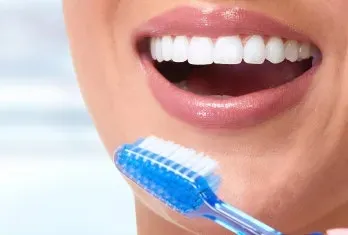
People have 28 teeth and 56 surfaces on the front and back combined, so if you melt 10 seconds on one side, it takes 560 seconds. Add in the time it takes to rinse your mouth, and it does take 10 minutes.
However, brushing your teeth 5 times a day is just too tedious, so just taking 10 minutes in the morning after you wake up and 10 minutes at night before you go to bed to take careful care of your teeth will also do the trick.
Japanese Ministry of Health and Welfare Affairs data show that in the 1970s and 1980s, the Japanese people's oral condition is not optimistic, the incidence of dental caries continues to rise, many people at a young age has been tooth loss.
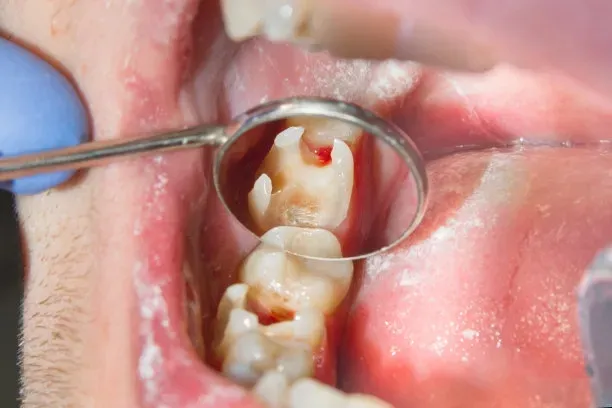
As a result of neglecting the problems of oral hygiene and tooth loss, deaths from aspiration pneumonia and accidental injuries to the elderly caused by oral problems are frequent; in addition, oral hygiene and health also affect the development of the elderly's social activities such as going out and making friends, which makes some "toothless" elderly people reluctant to go out and give rise to a tendency to depression.
For this reason, since 1989, Japan has been promoting a nationwide dental care program called the "8020 Dental Care Campaign".The idea is to encourage people to take care of their teeth and try to keep 20 of their own teeth by the age of 80.
The campaign is commissioned by the Ministry of Health, Labour and Welfare to the National Dental Association, and is implemented through the collaborative efforts of community health doctors, dental nurses, local governments and professionals. The activities cover all ages, from infants and toddlers to adolescents and middle-aged and elderly people.
Specifics include:
1. Two free dental health check-ups for young children (1.5 and 3 years old) and guidance for parents on oral hygiene for infants and young children.
2. Specialized dentists visit kindergartens and schools on a regular basis each year to conduct health checks on children's mouths and to disseminate knowledge about dental protection.
3. Schools should urge children to clean their mouths, and primary and secondary schools should carry out essay-writing activities on "Dental Care Day".
4. To facilitate dental check-ups for the general public, emergency dental clinics have been set up, middle-aged people are subsidized a certain amount of money for regular oral check-ups, and people in their 30's, 35's, 40's, 60's, and 70's are notified of special oral check-ups.
5. Provide home-based oral health care activities for the bedridden elderly or the disabled, etc.
Having healthy teeth not only extends the time Japanese people spend enjoying food, but also plays an important role in preventing obesity, maintaining the sense of taste, promoting correct pronunciation and socializing.
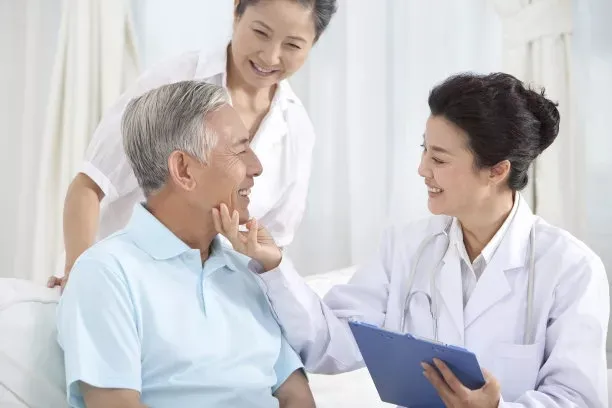
If you don't start taking care of your mouth until after you have a problem with it, it will be too late.
Although it can recover somewhat, if you feel that everything is fine and relax your care, the condition will soon worsen again. Diseases of the teeth and gums are deadly diseases and should not be taken lightly.
If cared for carefully, you will be able to eat with your own teeth until your final years.
With the aging of the population, in 2006, oral care was given the highest priority in the reform of the long-term care system in Japan. Every year, medical institutions and municipalities publicly recognize "dental care pioneers" who have 20 teeth at the age of 80, and nutritional experts are invited to conduct dietary education in schools and welfare institutions for the elderly on how to use teeth to eat properly.
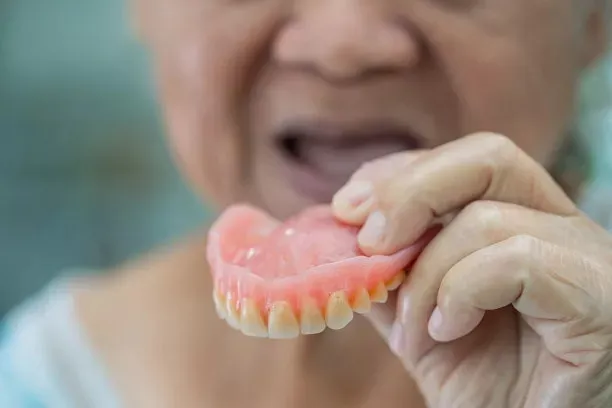
Japanese dental experts also call for the selection of appropriate appliances, proper and thorough oral cleaning, regular oral checkups, prevention of periodontal disease, wearing of appropriate dentures, and rationalization of meals, which are all essential for maintaining oral health and strong teeth.
Through a series of oral management activities, Japanese people are getting healthier and healthier teeth!
Japanese statistics show that Japan's "8020 Dental Care Campaign" has been carried out so far, 21% of 80-year-olds can retain 20 teeth.
Having healthy teeth not only extends the time Japanese people spend enjoying food, but also plays an important role in preventing obesity, maintaining the sense of taste, promoting correct pronunciation and socializing.
In comparison! Oral hygiene awareness is relatively low in China.
Although oral hygiene education is part of school education in China, it is not highly emphasized. In addition, Chinese dentists have relatively little education about oral hygiene. Very few people don't know how to brush their teeth properly, floss, and so on. This is one of the reasons why many Chinese people suffer from oral diseases.
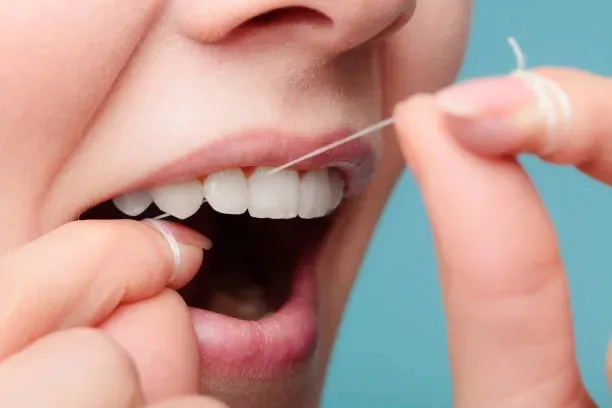
Sweetrip Japan's oral care specialists also call on people to choose the right appliances, clean their mouths correctly and thoroughly, have regular oral checkups, prevent periodontal disease, wear the right denture, and organize their meals wisely, all of which are essential to maintaining good oral health and strong teeth.

Careful brushing is an important part of maintaining good oral health. By brushing our teeth carefully, we can prevent dental problems, keep our breath fresh, and improve our personal image and self-confidence. Therefore, we should develop a good habit of brushing our teeth carefully every day to maintain our oral health and overall well-being~









